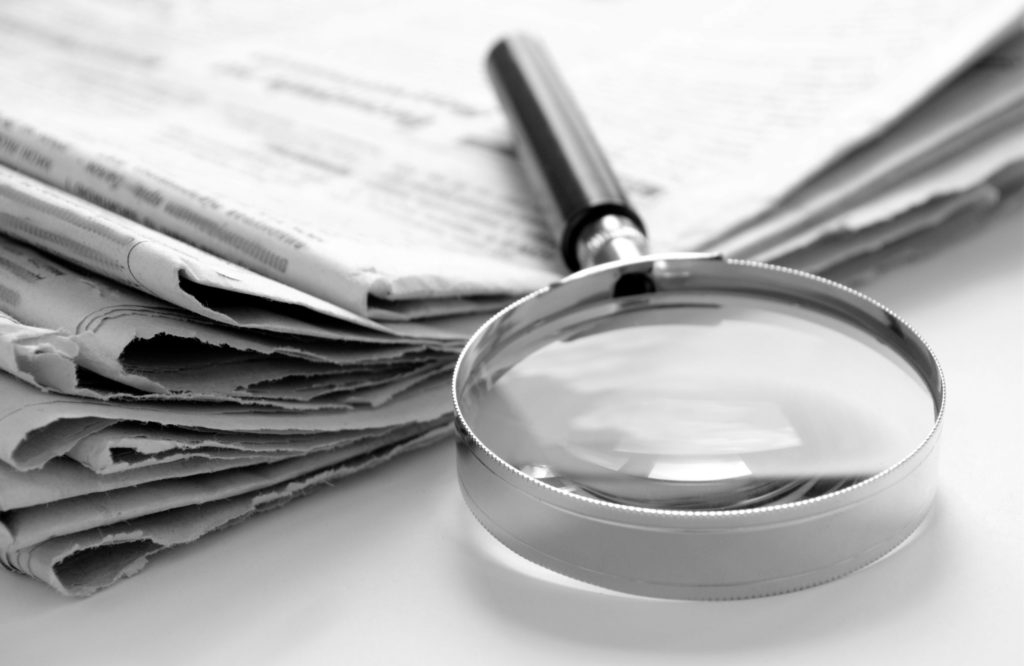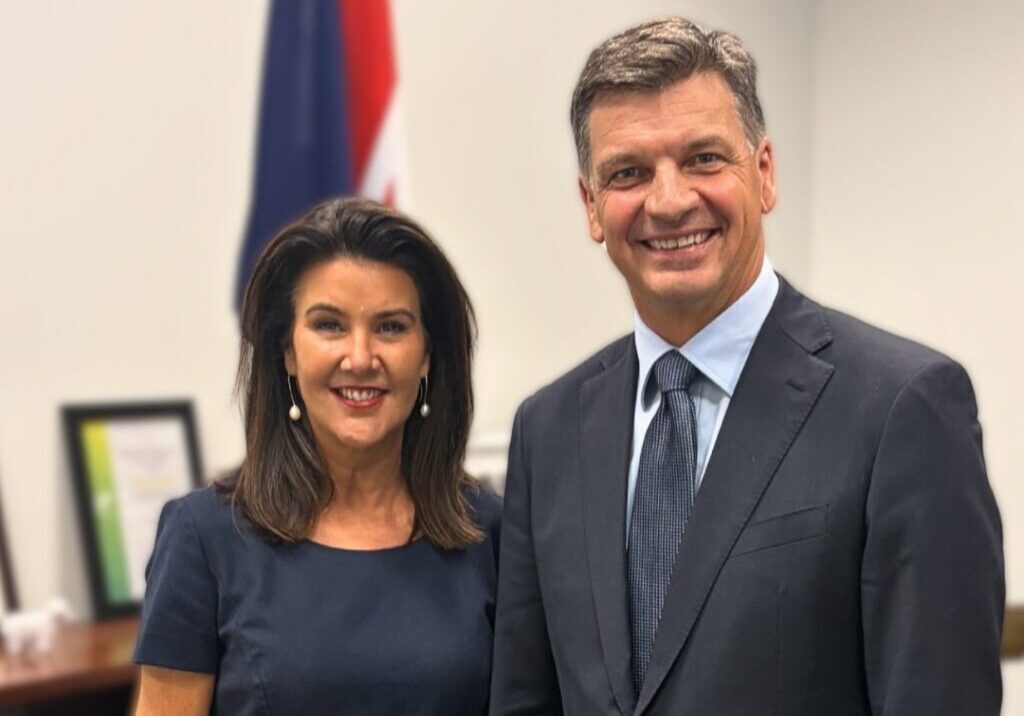Australia/Israel Review
Media Microscope: Nuke and Neck
Dec 15, 2021 | Allon Lee

The resumption and then suspension of faltering talks in Vienna aimed at resurrecting the 2015 Iran nuclear deal kept the media spotlight firmly on Iran.
Ahead of the talks, the Australian (Nov. 18) reported that Iran has been building advanced centrifuges since August which will help “reduce Iran’s breakout time to as little as a month.”
SBS TV “World News” (Nov. 24) quoted academic Amin Saikal explaining that Iran is “unlikely to budge”, saying “it is a question of Iran’s sovereignty and independence.”
The Australian’s report on Dec. 2 quoted an unnamed European official warning that “you cannot enrich to weapons-grade and say that you are seeking a return to an agreement whose goal is to ensure the exclusively peaceful nature of Iran’s nuclear program.”
In the Spectator Australia (Nov. 23), commentator Max Jeffery warned that “the Gulf states are also less concerned than Israel about Iran wanting nuclear weapons.” Saudi Arabia, he said, would likely cut a deal with Teheran if it reined in Houthi attacks on its territory.
Meanwhile, a special report on Sky News Australia (Dec. 4) looked at Iran’s cyber warfare against Israel, which targeted water infrastructure, hospitals and even an LGBTQ dating site.
In the Daily Telegraph (Dec. 8), AIJAC’s Dr Colin Rubenstein cut to the chase, writing that Iran returned to talks after executing a five-month delay only to “backtrack… on promises made in previous rounds. Iran now demands a substantively weaker agreement than the 2015 nuclear deal.”
Rubenstein warned that since the last round of talks, Iran “has accelerated its nuclear violations.” Such violations include blocking International Atomic Energy Agency (IAEA) inspections of key facilities, “enriching increasing quantities of uranium to 60%, just short of weapons-grade, and… producing enriched uranium metal, a material used almost solely in nuclear bomb cores.”
These developments demonstrate the Biden “administration urgently needs to have in place a ‘Plan B’ which would attempt to change Iran’s nuclear trajectory through vastly increased sanctions and the threat of a credible military option,” he said.
It was in Australia’s “national interest” to stop a “nuclear Iran”, Rubenstein said, because the alternative would be “increasing global instability and terrorism, [threats to] energy flows and… nuclear proliferation across the volatile Middle East.”
On Dec. 5 in the Spectator Australia, journalist Jake Wallis Simons cautioned that Israel is planning on increasing its sabotage operations against Iran’s nuclear facilities if the US agrees to sign a “less for less deal” that “allow[s] Iran to receive sanctions relief while retaining the progress it has made towards the bomb.”
Earlier (Dec. 3), Australian Strategic Policy Institute senior analyst Dr Malcolm Davis warned in the Daily Telegraph of the 2015 deal’s flaws – such as a failure to include Iran’s ballistic missile program and generous sunset clauses which meant that Iran could legally enrich uranium to nuclear weapons threshold levels by the early 2030s, from where it could make a “dash to the bomb.” He also warned that returning to the 2015 deal would likely see Saudi Arabia and its allies “consider their own nuclear options.”
Lowy Institute fellow Rodger Shanahan blamed Iran’s increased nuclear activities on the Trump Administration abandoning the 2015 deal and pursuing a policy of “maximum pressure”.
He said, “It defies logic to think that anyone in the Trump administration could have seriously thought any government in Tehran could, or would, be willing to enter a new agreement with an administration that had unilaterally torn up an agreement that was working and by which they abided.” Only Iran had not abided by it, as the nuclear archive Israel captured in 2018 demonstrated.
Shanahan did say Iran’s “malign activities across the region have won them few friends.” Of course, Iran’s malign activities only increased once the deal was signed and it began receiving sanctions relief – which was another flaw in the 2015 agreement.
Meanwhile, Iran featured in media coverage of the Morrison Government’s announcement that Australia will cease making a legal distinction between Hezbollah’s military and political wings.
News Corp papers (Nov. 25) said, “since its inception in 1982, Hezbollah has committed atrocities aimed at damaging Israel and consolidating Tehran’s influence in Lebanon” while the Age and Sydney Morning Herald (Nov. 25) quoted AIJAC’s Dr Rubenstein saying he believes the new Hezbollah proscription “send[s] a strong message that Australia will ‘not tolerate these Iran-backed terrorists.’”
Tags: Australia, Iran, Media/ Academia






